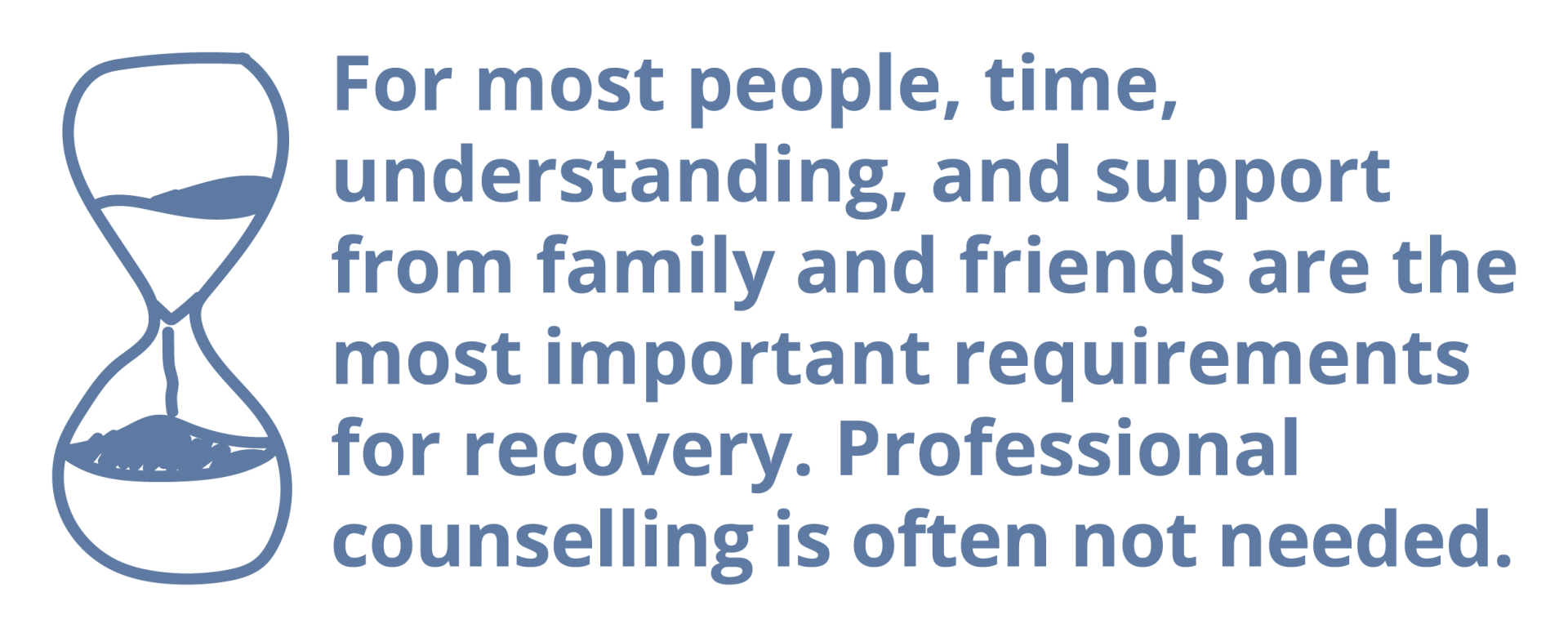Road trauma can affect anyone, and it affects everyone differently. From people who have caused a crash to those who have witnessed one. From first responders to bereaved family and friends.
The effects of road trauma ripple through our lives and communities in different ways. Road trauma can leave you feeling stressed, overwhelmed, helpless and vulnerable.
Common reactions after road trauma include:

What helps after road trauma?
There are things you can do to assist your recovery after road trauma:
- Recognise and acknowledge you have experienced a stressful event and allow yourself time to process it.
- Understand it’s common to experience a range of reactions following trauma.
- Maintain a normal routine as much as possible.
- Engage in activities that are relaxing, to allow your mind and body to adjust.
- Avoid using alcohol or drugs to numb your feelings.
- Reach out and spend time with people who care about you and who you feel safe talking to.
- Find healthy ways to express difficult feelings by talking with someone who you trust.
- Be mindful that you may be re-triggered in the days/weeks after. Reduce the likelihood of this occurring through:
- Reducing your exposure to media accounts of the event (including social media)
- Setting boundaries with family, friends, and others with how much you want to share of the event and how often.
When to seek help

While most people will recover from trauma without additional support some people may experience ongoing trauma symptoms which impact their everyday life. The following are signs you may need to seek professional advice:
- Trauma symptoms are ongoing and have not reduced after 4-6 weeks.
- If you are having trouble functioning at home or work.
- You feel regularly confused, emotionally numb or out of touch with reality.
- If your relationships are suffering or you’re having an increasingly difficult time connecting with and relating to others.
- If you are avoiding things that remind you of the traumatic event.
- If you are experiencing thoughts of harming yourself or others.
- If you are increasing, the use of alcohol or other harmful substances.
You can organise a health check with your General Practitioner (GP) who can give helpful advice on how to proceed including referral options in your local area. This may include seeing a counsellor or psychologist, through various services.
A trained professional can support you to process your experiences and assist you in coping in a safe, confidential, and non-judgmental manner. Even if the event occurred some time ago, it is never too late to seek help.



